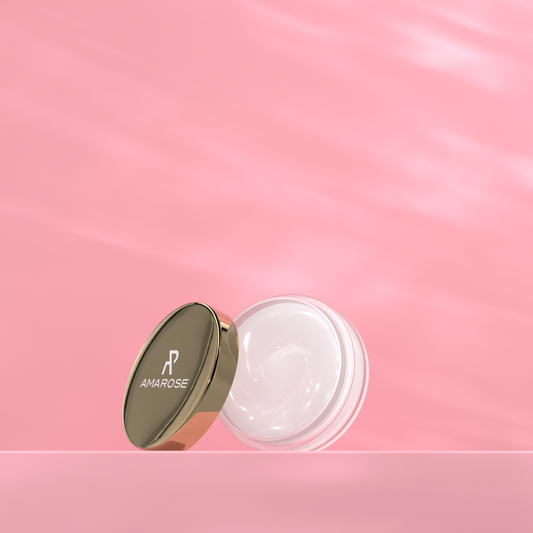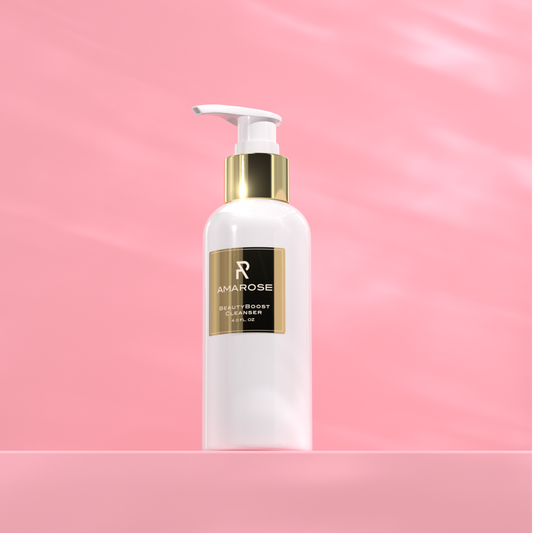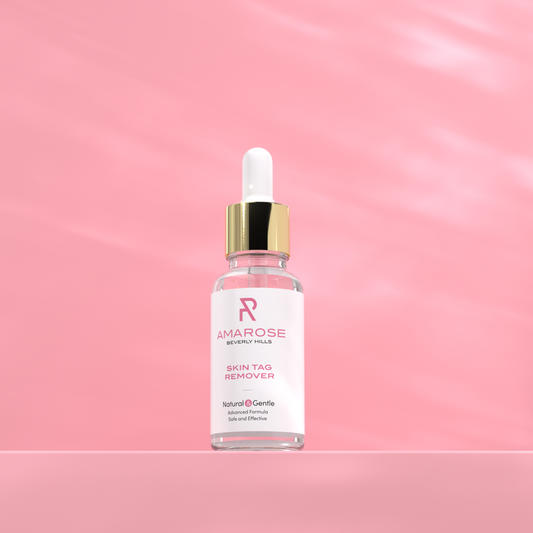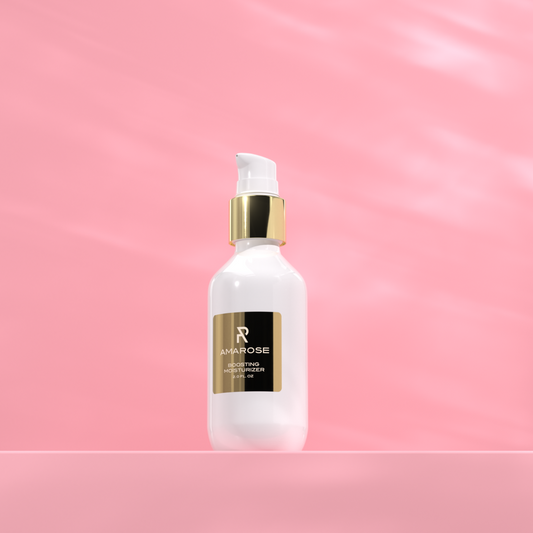

Best Vitamins for Your Skin
Discover the best vitamins to take care of your skin and how to include them in your daily routine. Let's get started!
Vitamins for the skin: which are the best?
As you probably already know, vitamins are a group of organic substances necessary for the metabolic development and cellular functioning of all living beings.
These micronutrients are present in foods, in which the proportion varies according to the type, as well as in pharmacological formulas prepared as supplements, with different routes of application or intake.
Given their importance in cellular activity, vitamins are essential elements in skin care, as this is the largest tissue of the human body and the only one directly exposed to external factors such as climate and environmental pollution.
In particular, the face is one of the most sensitive areas of the skin and, therefore, one of the fastest to show signs of aging or lesions, whether due to exposure to the outside world or for hormonal or genetic reasons.
In this sense, it is vital to identify which vitamins are ideal for facial care, as well as to recognize the particular benefits of each of these micronutrients.
They can be integrated into a balanced diet, or in the form of creams or facial serums as a supplement.
Vitamin A
This natural substance helps restore skin cells, so its presence is more than essential for facial care.
Optimal levels of this nutrient in the body help to reduce expression lines, as well as to prevent dryness and the appearance of acne.
This type of vitamin is present in different foods of a regular diet, such as eggs, milk, cereals, or liver, so its absorption in the form of a supplement is not usually necessary.
However, a component called retinol is derived from it, which is widely used in topical treatments for the reduction of signs of premature aging.
Vitamin B
Among the broad vitamin complex of the B group, there is a substance known as biotin that makes up the cellular basis of all skin tissue.
A deficiency of this element is immediately evident with signs such as itching or dermatitis, which is why it is necessary to have it to ensure protection against various skin pathologies, especially in sensitive areas such as the face.
A diet rich in this component is composed of eggs and basic carbohydrates such as rice, bananas, and oats. It is also commonly supplied in the form of an oral supplement, as well as a complementary ingredient in some cosmetic products for facial care.
Vitamin C
This substance is perhaps the most essential vitamin component for dermal care. Thus, vitamin C for the face is widely recommended for its antioxidant properties, which give it the ability to level free radicals that accelerate oxidative stress of the skin tissue.
Its action stimulates collagen synthesis and strengthens the skin against the effects of high solar irradiation, thus preventing damage, repairing wrinkles, and promoting tissue elasticity and smoothness.
Vitamin C is found mainly in citrus fruits and vegetables, although it is widely used in cosmetic products such as serums or creams for the face or body.
An excellent option to use as a supplement is Liftactiv Antioxidant & Antifatigue Dose, which contains 15% vitamin C and shows rapid results in reducing small wrinkles and revitalizing skin radiance.
Vitamin D
This nutrient also plays a fundamental role in skin care, both for the face and body. Its presence is essential for immune function and the health of bones and other tissues.
Given its action in the body, it is an ally in combating various skin conditions, such as psoriasis and other pathologies that severely damage the tissue, as it favors the development and maturation of cells, which accelerates healing.
This type of vitamin is obtained from the intake of certain foods, mainly fish such as salmon, tuna, or cod, as well as from controlled sun exposure. It is usually present in supplements and facial creams and serums.
Vitamin E
Vitamin E for the skin is one of the most widely used nutrients for skin care. It is usually a basic ingredient in a variety of cosmetic products, given its influence in the treatment of free radicals for the prevention of cellular aging. Likewise, it has photoprotective properties, so it is also an essential component of sunscreens.
Although its presence in anti-aging creams and serums is common, it can also be absorbed into the daily diet through the intake of foods such as eggs, vegetables, and nuts, among others.
Final Word
Vitamins such as A, B, C, D, and E are essential for healthy and glowing skin and prevent premature aging and sagging.
You can intake most of the necessary vitamins through a well-balanced diet rich in fruits, veggies, eggs, rice, and oily fish, but you can also use vitamin-boosted facial creams and serums to obtain even more astonishing results.



